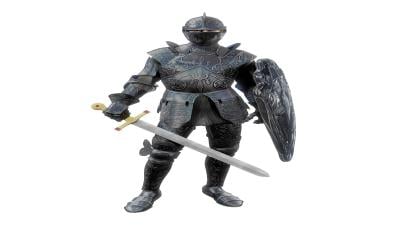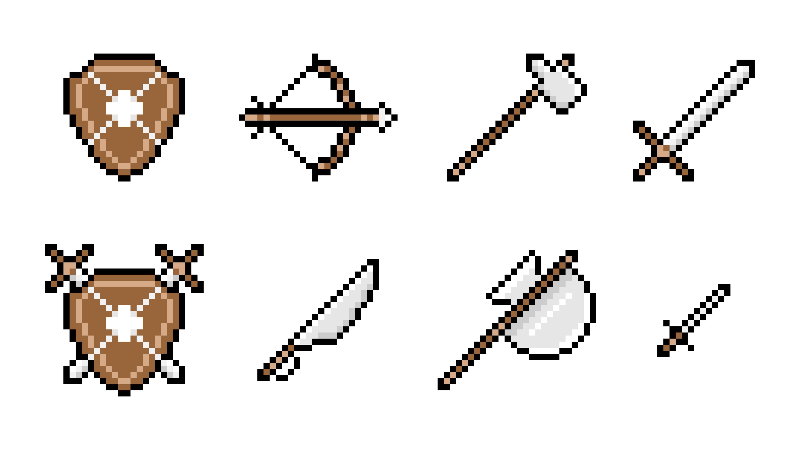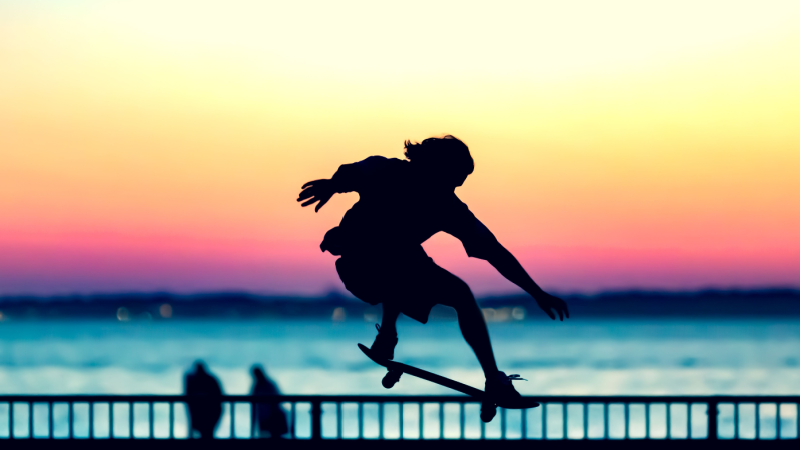OSRS Combat Guide

By Jonathan G | October 4th, 2019 | Categories: RuneScape
Combat in Old School RuneScape is simple yet unique from most other MMORPGs. It doesn’t involve button mashing, but rather clicking and having your character automatically do the fighting. Mastering its intricacies can be a daunting task. Thankfully, we’ve got this handy OSRS Combat Guide to help you level up and kill bosses with ease.
Table of Contents
What should I know about combat in OSRS?
The combat style from Runescape to OSRS morphed into a much more dynamic system. For starters, players are no longer locked into 3-hit rounds and can freely run or kite monsters. One’s weapon speed is also variable, while classic had the same speed for all weapons.
While combat is not a mandatory part of the game, the majority of the content is based around it. In fact, nearly the entire player base is dedicated to PvM or PvP combat. There are some nuances to it compared to other games, but it’s quite easy to grasp once you understand the fundamentals.
Melee Combat
Some may argue that OSRS is centered on melee since it is the main factor in calculating your combat level. Considering that there are three skills involved (Attacks, Strength, and Defence), it is a bit more complex and dynamic than other forms of combat.
Attack is used to calculate the accuracy you have against an enemy and does not affect your maximum hit. It is also a requirement to upgrade to higher tiers of weapons, which will enable you to deal even more damage.
Your attack accuracy is resisted against the enemy’s defense level and armor stats. The higher your attack level, the more likely you are to hit high-level enemies. If you use your weapon with an accurate style, you gain an invisible +3 bonus to your level.
Strength is the ideal skill to get up to level 99 ASAP since it is what determines your max hit. It is possible to train just as efficiently by getting your attack level to the bare minimum to wield the best weapon, then training strength all the way. If you fight in an aggressive attack option, you gain an invisible +3 bonus to this level.
As for weapons, a good combination of speed and power is where most people go. The faster weapons (daggers and scimitars) are useful for mid-level strength training while others (Abyssal Whips or Zamorakian Hastas) are slower but much better for high-level monsters.
Some shields give strength bonus in addition to 1-handed weaponry, like defenders or a Dragonfire Shield. Instances, where players need to tank damage, is usually mitigated by prayer, but sometimes high-level shields and tank gear are necessary.
Defence is what separates main accounts from “pures” and functions just like it sounds. Your defense level will harden you against Melee, Range, and Magic—to a certain extent. Just like with weapons and Attack, you will need to level up your Defence to wear high-level armor.
Ranged Combat
Range came out in the classic version of the game as an accessory skill. It wasn’t until the original Runescape 2 release that players were able to use it in close quarters without being forced into melee combat. It is commonly used to safe-spot monsters and bosses, along with being one of the best options for player killing.
Just like with melee combat, range hits with randomly generated numbers and is calculated by the hit multiplied by 4. HP experience is also alotted the same, and many players will use Range to bolster their Hitpoints further without significantly raising their combat level.
While the best ranged weapons in the game are accessible by “pures”, you need a certain level of defense to unlock most mid or high-level armor. This includes dragonhide bodies, the Karil set, Third Age, and Armadyl armor.
Weapons vary from slow to powerful and rapid with high DPS. If you are fighting against relatively low-defense enemies, you will want to use a magic shortbow or blowpipe for the best experience. For high-defense monsters, crossbows or the Heavy Ballista are best suited for increased accuracy.
Using melee armor will add a negative defensive bonus while using range, which is why it was designed to be countered by melee fighters. Although, using some items like helmets or shields don’t affect your accuracy significantly, which is why “range tanks” are viable character builds.
Magic Combat
Magic is the odd one out with how experience is calculated, as well as how damage scales with levels and gear. The player will always gain experience, even if a hit is unsuccessful. Successful hits are calculated the same on top of the base experience, included some Hitpoints experience.
Defending against magic is up to both your Defence and Magic level. Not too long ago, Jagex had revealed that Magic makes up 70% of your defense, while the Defence skill is only 30% of the factor.
It is used as range, but it is capped at the same attack speed for all spells. Generally speaking, the DPS is quite poor compared to range or melee except for niche uses. Some bosses, like the Barrows Brothers, are only weak to magic so it’s always used in this instance.
The most coveted spell in the game is Ice Barrage, being a part of the Ancient Spellbook. It is the highest damaging spell of all the other barrage spells and can freeze targets in their place. It can hit targets within a 3×3 tile area, allowing for fast but expensive Magic training.
Using the Lunar Spellbook doesn’t offer offensive spells, but Vengeance is a popular utility spell when combined with ranged or melee combat. This spell will reflect large amounts of damage at the attacker when taking damage. This is useful in PvP for stacking damage and increase KO potential.
Wrapping Up
Once you wrap your head around this OSRS Combat Guide, you’ll see that the combat system isn’t too complicated. Since you can use all three combat styles on the same character, you should train up all of your skills to make gameplay dynamic.














